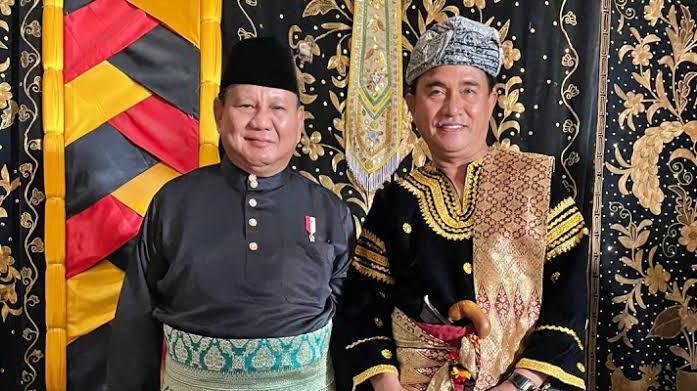Indonesia marked its 80th Independence Day as more than just a ceremonial occasion on August 8, 2025. The day serves as a poignant reminder of the nation’s core ideals, emphasizing that true independence goes beyond freedom from colonial rule to include liberation from hunger, ignorance, and underdevelopment. In alignment with these principles, the Free Nutritious Meals (MBG) program was introduced, symbolizing a concrete manifestation of independence in the realm of nutrition. This initiative, far from being a mere food aid project, represents an investment in the future of Indonesia, particularly in the well-being and potential of the nation’s youth.
Deputy for Dissemination and Media Information, Noudhy Valdryno, affectionately known as Ryno, highlighted the significance of the MBG program, declaring that with each nutritious meal served, the state’s presence is felt in schools, Nutritional Fulfillment Service Units’ kitchens, and within the community. The program has successfully provided millions of schoolchildren, pregnant women, breastfeeding mothers, and toddlers across Indonesia with daily nutritious meals, aiming to enhance academic performance, physical growth, and brain development. Ultimately, MBG is envisioned as a cornerstone for cultivating an outstanding generation as part of Indonesia Emas 2045, the nation’s vision for prosperity on its centennial anniversary.
Recognized by international organizations, MBG has already impacted eight million beneficiaries, including students of all age groups, pregnant women, and toddlers enrolled in health programs. Testimonials from experts at the National Nutrition Council and the National Research and Innovation Agency affirm the program’s positive outcomes. From improved Body Mass Index (BMI) among children to enhanced classroom concentration and cognitive abilities, MBG’s effects are tangible and far-reaching.
Moreover, the program has stimulated economic growth by generating employment opportunities in its Nutritional Fulfillment Service Units and supporting local businesses that supply program ingredients. One heartwarming account comes from Suratina, a 63-year-old grandmother employed at an SPPG kitchen in Yogyakarta. Grateful not only for the job that sustains her but also for the camaraderie it fosters, Suratina encapsulates the human impact of MBG beyond statistics and figures.
Through its multifaceted approach to nutrition, education, and economic empowerment, the MBG program epitomizes Indonesia’s commitment to realizing holistic independence for its people. As the nation progresses towards its centennial goals, initiatives like MBG serve as a beacon of hope for a brighter, healthier future.
